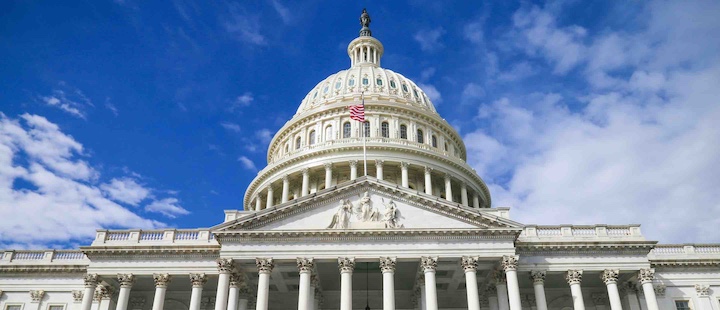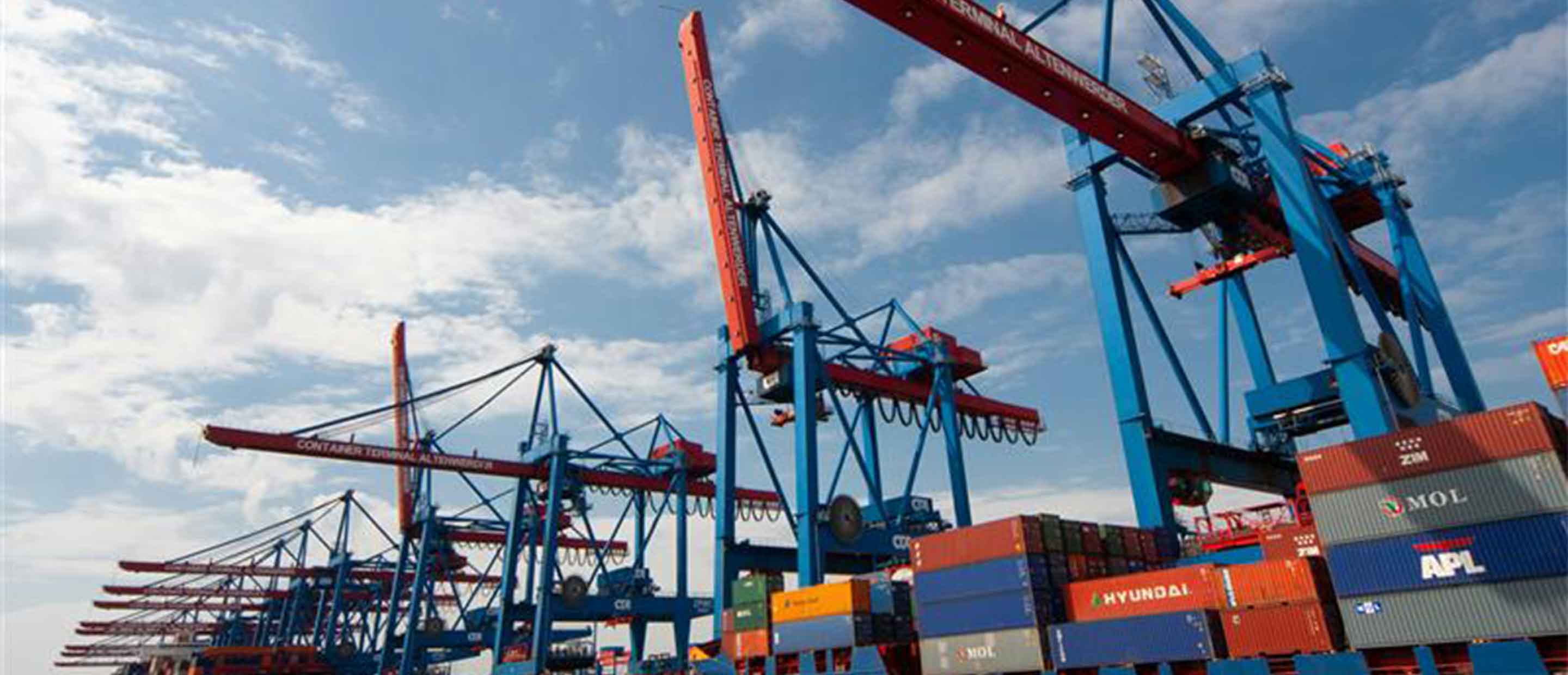Please note: this article is more than one year old. The views of our CIO team may have changed since it was published, and the data on which it was based may have been revised.
For understandable reasons, the global approach to environmental, social and governance (ESG) issues has often been to set broad targets – for example, limits to global temperature gains. Such targets have the merit of focusing political attention and, in theory, economic resources on a specific challenge.
Effective ESG investment, however, requires going beyond targets and thinking in more depth about the required system changes. In this CIO Special, we examine where we are now (in terms of our demands and how corporates currently respond to them), as well as the likely opportunities and constraints in the future during the transformation to a more sustainable economic model.
- Environmental constraints mean that system changes will be necessary to meet four key human demands – for energy, food, manufacturing (including housing) and mobility.
- Technology will both enable and limit system change, as will social/political acceptance. We look at the key challenges involved in meet these four key demands.
- Priorities include electrification (energy), production resilience and waste reduction (food), circular economy principles (manufacturing) and smart emissions-free mobility.







